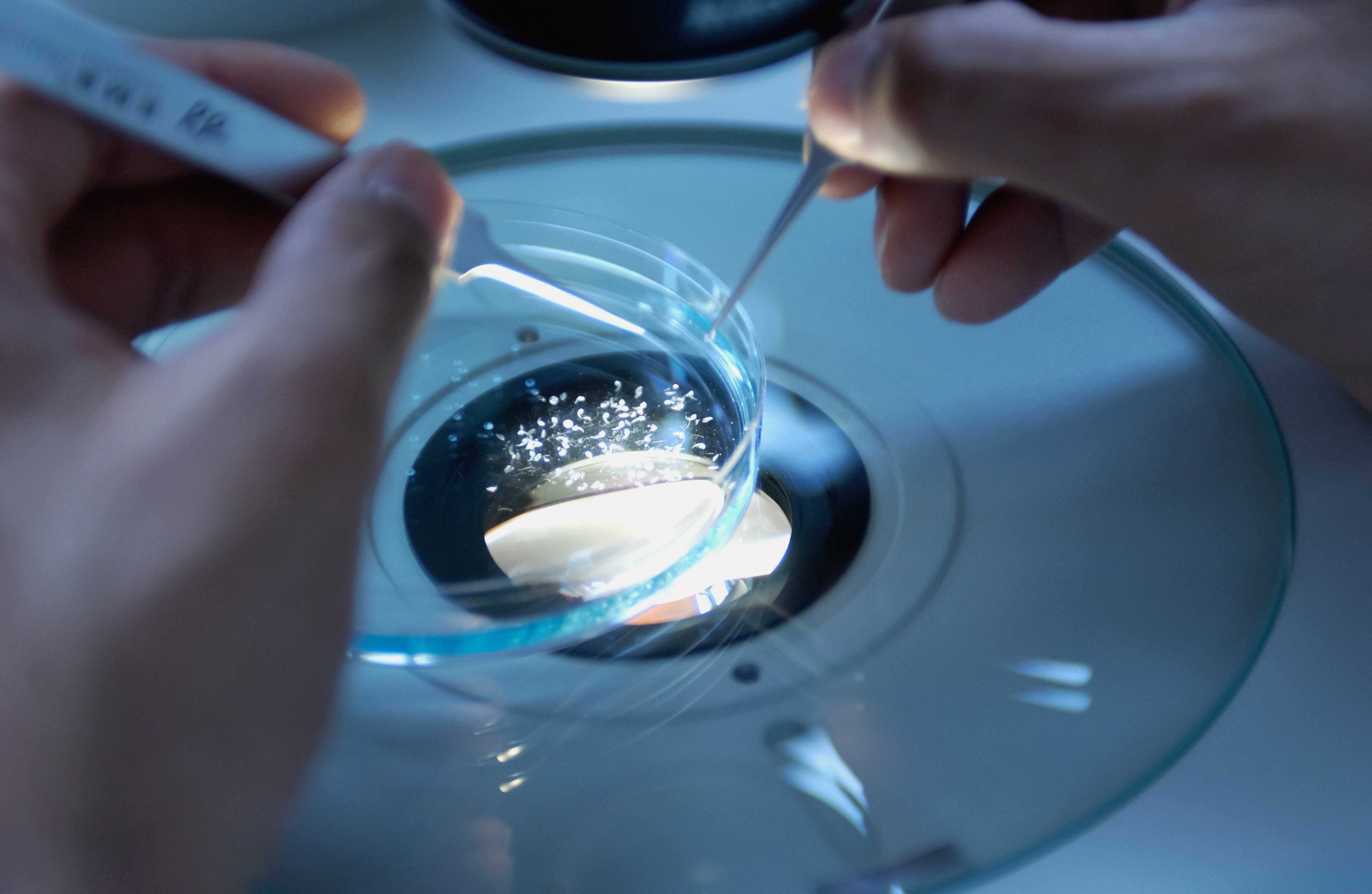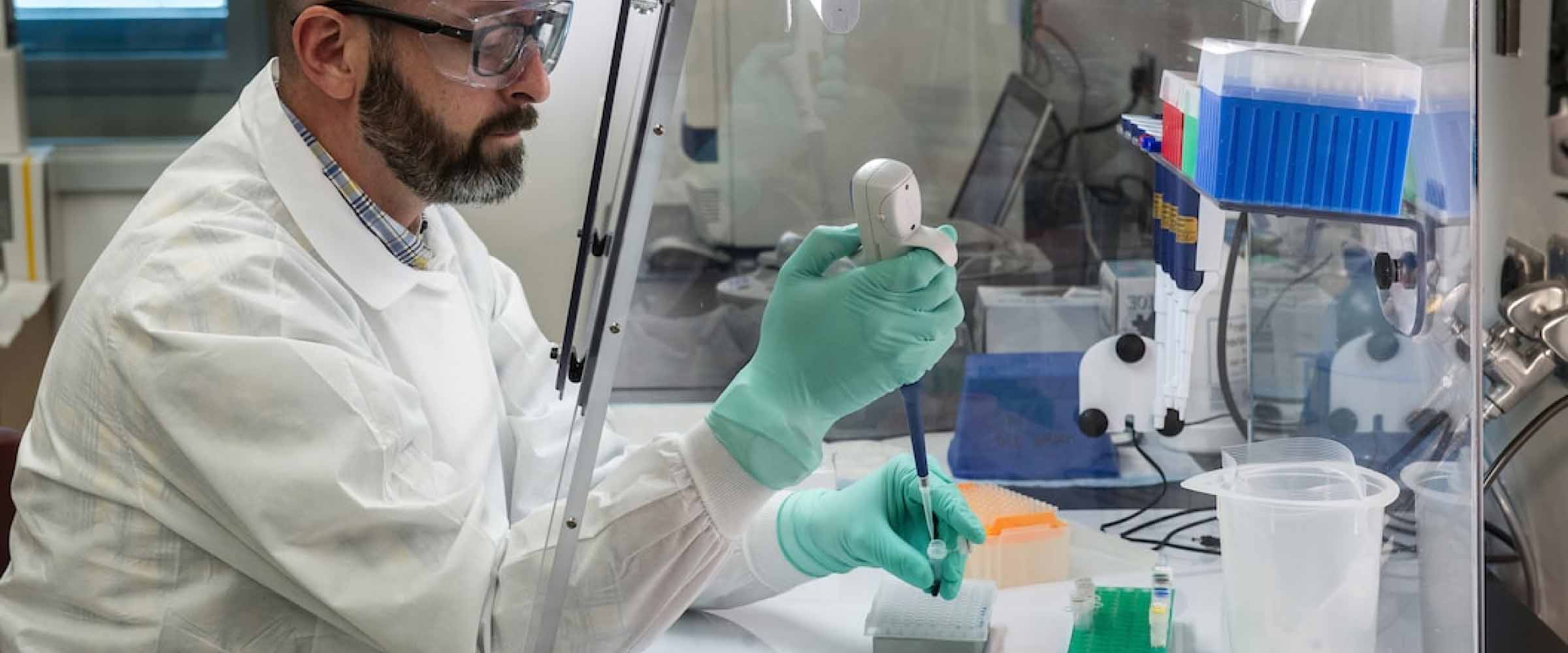Scientific Advisory Board
Andrew Goodman, PhD
Dr. Andrew Goodman is the C.N.H. Long Professor of Microbial Pathogenesis and Director of the Microbial Sciences Institute at Yale University School of Medicine. Dr. Goodman's research is focused on understanding the mechanisms of interaction between members of the human gut microbiome and with the host. The Goodman lab combines microbial genetics, gnotobiotic animal models, and computational approaches to develop new technologies for studying the microbiome and to apply these approaches to uncover the causes and consequences of interpersonal microbiome variation. For this work, Dr. Goodman has been recognized with the NIH Director's New Innovator Award, the Pew Scholars Fellowship, DuPont Young Professor Award, Burroughs Wellcome Fund Investigator Award, Howard Hughes Medical Institute Faculty Scholar Award, the John J. Abel Award from the American Society for Pharmacology and Experimental Therapeutics, and the Presidential Early Career Award in Science and Engineering from the White House. Dr. Goodman was trained in ecology and evolutionary biology at Princeton University and completed his PhD in microbiology at Harvard Medical School.
Monica Gostissa, PhD
Dr. Monica Gostissa is the Chief Scientific Officer at Egle Therapeutics, a biotech company developing novel T regulatory cell-targeted immunotherapies for oncology and autoimmune disease. At Egle, she oversees R&D activities from target identification and validation to IND-enabling studies. Since 2014, Dr. Gostissa has led preclinical programs at small and large biotech companies, focusing on how to best translate scientific insights into innovative cancer therapeutics. Most recently, she was Vice President of Preclinical Sciences at Jounce Therapeutics, where she led a multidisciplinary team with capabilities spanning in vivo pharmacology, ex vivo 3D model development, and histopathology. During her long career in biotech and academic research, Dr. Gostissa has achieved extensive expertise in developing and interrogating complex mouse models of hematological and solid malignancies. as well as a deep cell biology and tumor immunology knowledge. Dr. Gostissa obtained her PhD in molecular genetics from the International School for Advanced Studies in Trieste, Italy, and completed post-doctoral studies at Boston Children's Hospital/Harvard Medical School. She co-authored over 40 peer-reviewed publications and was the recipient of several awards, including a Leukemia and Lymphoma Society Special Fellow Award and a V Foundation Scholar Award.
Donna Gulezian
Donna Gulezian has built a successful career at the intersection of business and science establishing collaborations, research programs and business development initiatives to accelerate product innovation and to improve access to novel lide science research tools. During her 28 years at Taconic, she led the teams that developed a robust translational research model pipeline that has introduced hundreds of novel genetically engineered and humanized models (GEMs) that address unmet market needs spanning diverse therapeutic areas in neurodegeneration, immunology, oncology, and metabolism. She also led the project teams that acquired and the integrated custom GEM generation capabilities into Taconic's portfolio.
Donna played a pivotal role, animating the successful HESI(Health and Environmental Sciences Institute) multiyear global initiative to develop GEMs, including the now well established, rasH2™ mouse as a regulatory approved short-term alternative to the required 2-year rat and mouse bioassay for carcinogenicity testing. These efforts have had a significant impact on global guidelines that the International Consortium for Harmonisation (ICH) adopted in 2022 with important implications for improving drug development and human safety, shortening timelines, and reducing animal use.
Mazi Saberi, PhD
Chairman of the Scientific Advisory Board
Dr. Saberi, a seasoned systems physiologist, has earned a distinguished track record in the areas of target discovery and product develpment, spanning therapeutics, nutraceuticals, and digital health products. In his most recent role, he served as the Chief Scientific Officer at January AI, overseeing research, clinical development, regulatory affairs, and product development. Preceding this position, Dr. Saberi held the role of Vice President and Head of Biology at Applied Molecular Transport, where he led his team in advancing multiple candidates to the clinical stage.
Before his tenure at Applied Molecular Transport, Dr. Saberi served as the Head of Research at Second Genome Inc., where he established target discovery platforms to enhance the company's research capabilities, focusing on biologics, peptides, and small molecules for the treatment of gastrointestinal, metabolic, and liver diseases. Commencing his career at NGM Biopharmaceuticals Inc., Dr. Saberi facilitated various target discovery platforms and preclinical development programs, resulting in multiple INDs and clinical candidates. His professional journey reflects his commitment to advancing scientific discovery and contributing to the development of innovative healthcare solutions.
Frank Sistare, PhD
Frank has served for the past 16 years as Executive Director, Associate Vice President and then Scientific Associate Vice President within Safety Assessment and Laboratory Animal Resources at Merck Research Laboratories. His executive management and scientific strategic responsibilities at Merck included genetic toxicology assessments and molecular carcinogenesis investigations; investigative toxicology research and laboratory support for safety lead optimization; incorporating new in vitro and in vivo safety models and emerging technologies into drug development including genomics, proteomics, metabonomics, and genetically engineered animal models; and providing new translational safety biomarker development support for drug development. He served previously for 15 years in several leadership and management positions with the laboratory research component of the Food and Drug Administration's Center for Drug Evaluation and Research. Dr. Sistare is a retired Captain from the Public Health Service (PHS) Commissioned Corps. He is a recipient of the Merck Presidential Fellowship Award, and has received several PHS Unit Commendations, as well as PHS Meritorious Service, Commendation, and Achievement Awards, and CDER and FDA awards for excellence in laboratory research. He earned his BS in Pharmacy from the University of Rhode Island, his PhD in Pharmacology at the University of Virginia, and was awarded a postdoctoral PRAT Fellowship at the National Institutes of Health. He has served as President of the Regulatory and Safety Evaluation Specialty Section of the Society of Toxicology, as Co-Director of the Critical Path Institute's Predictive Safety Testing Consortium (PSTC), as Co-Chair of the PSTC Nephrotoxicity Biomarker Working Group, and currently serves as Rapporteur of the International Conference on Harmonization S1 Carcinogenicity Expert Working Group, Chairperson of the PhRMA Clinical and Preclinical Development Committee's Carcinogenicity Key Issue Working Group, and Chairperson of the FNIH Biomarker Consortium's Clinical Kidney Safety Biomarker Qualification Project Team.
Welcome! Tell us a little about yourself


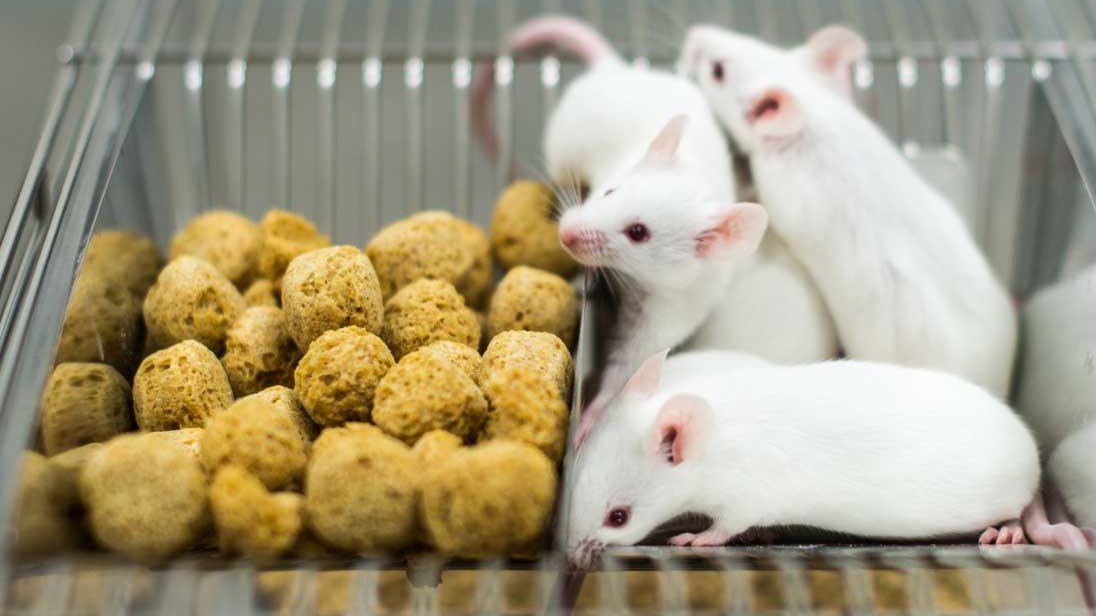
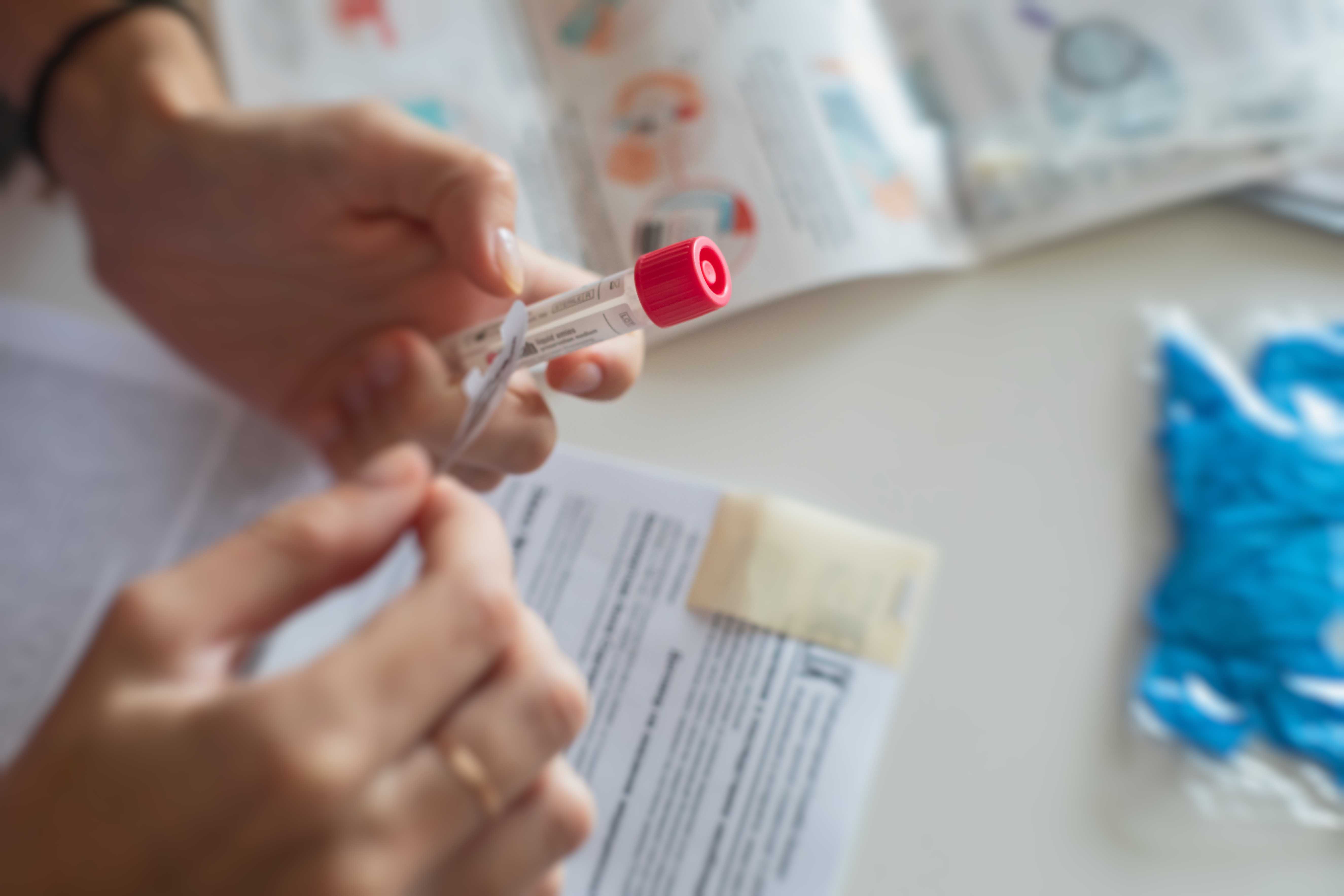


.jpg)

.jpg)
.jpg)
.jpg)
.jpg)
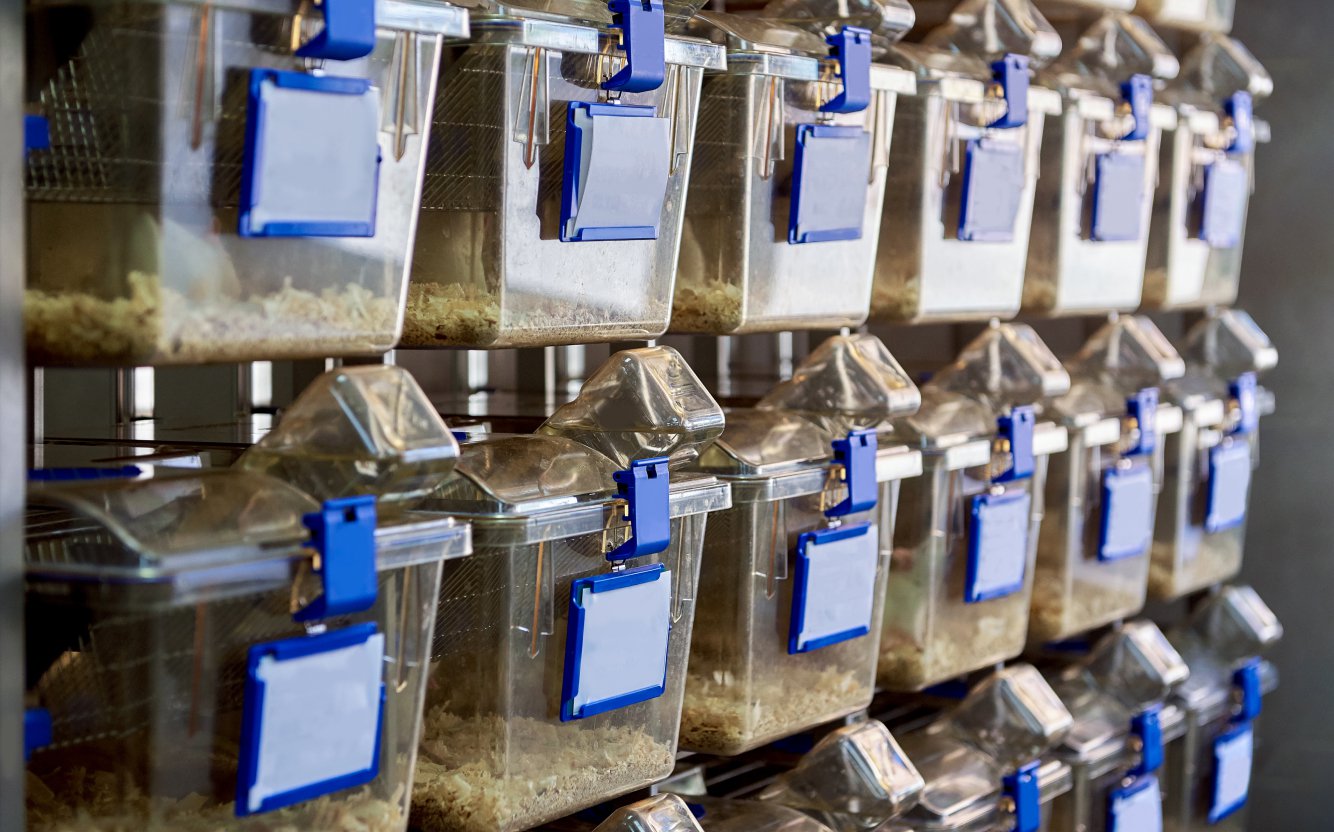
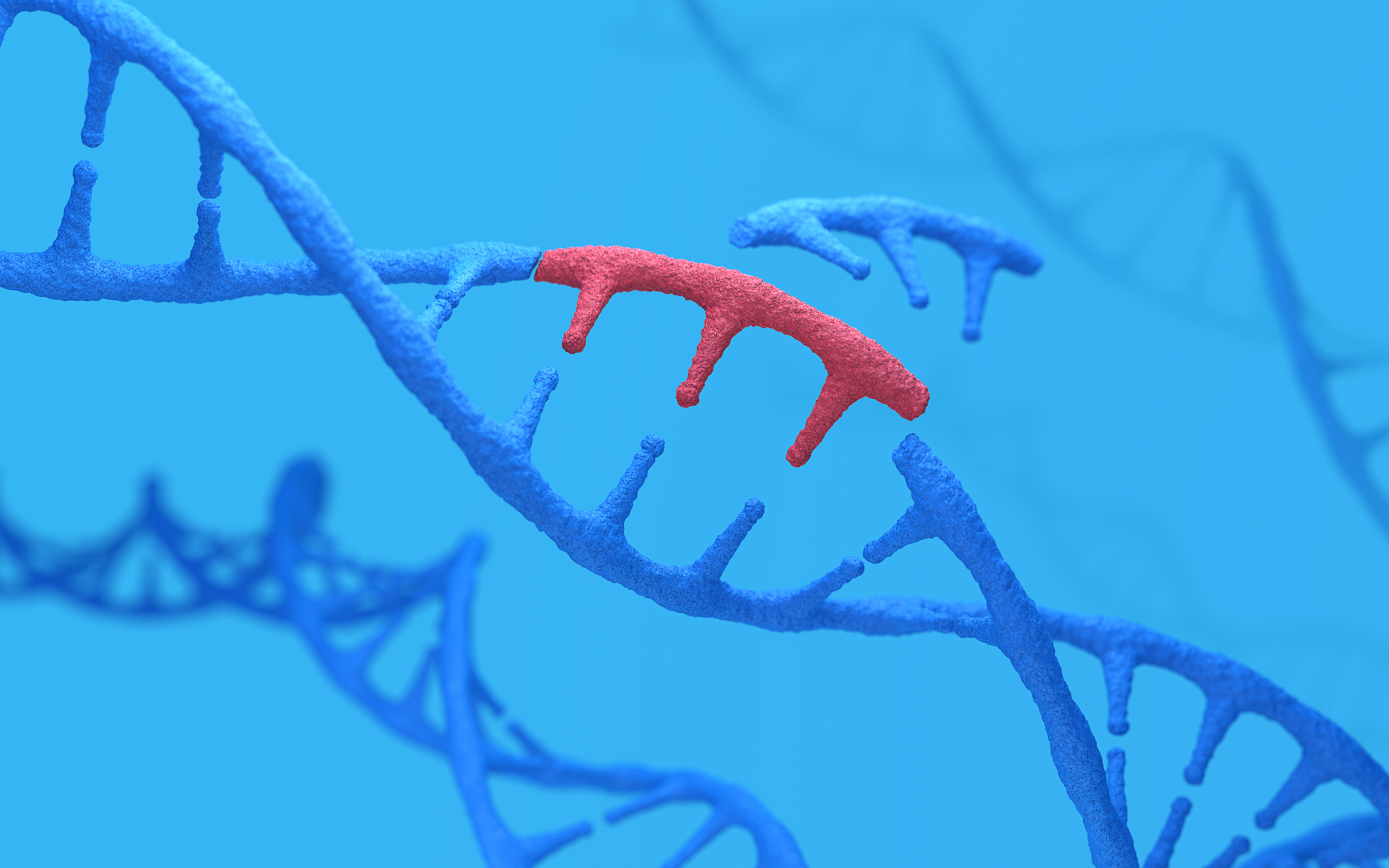
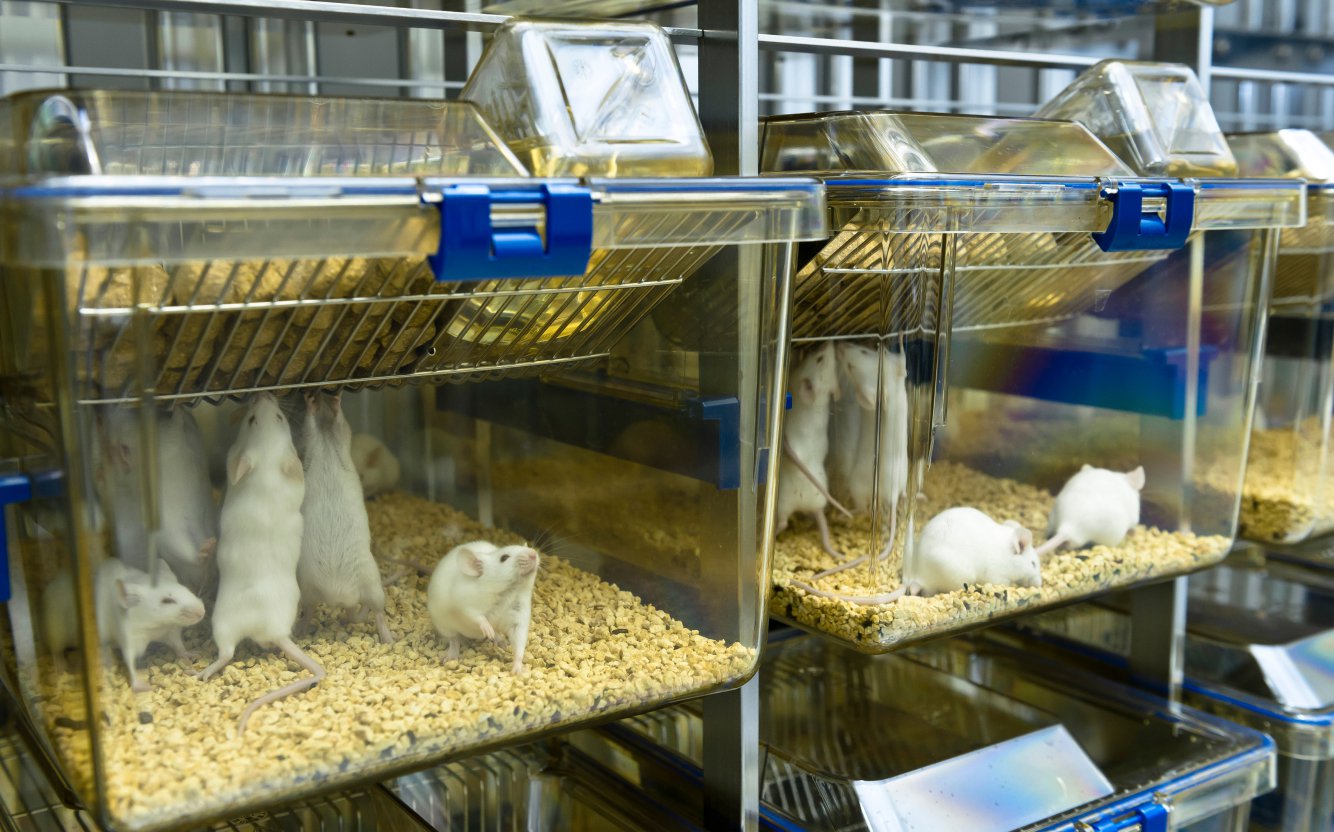

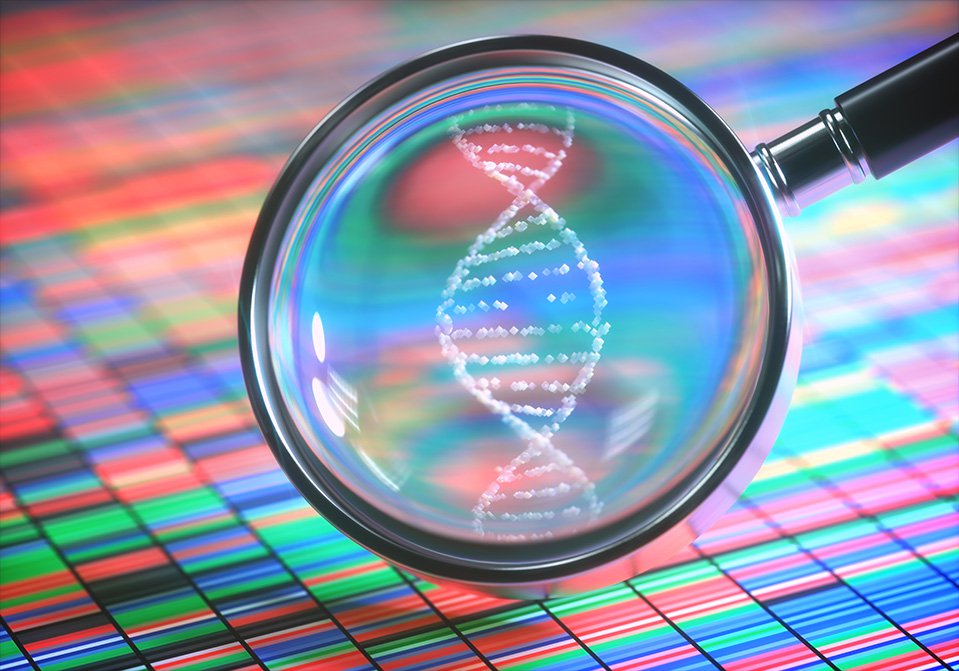
.jpg)
.jpg)


.jpg)
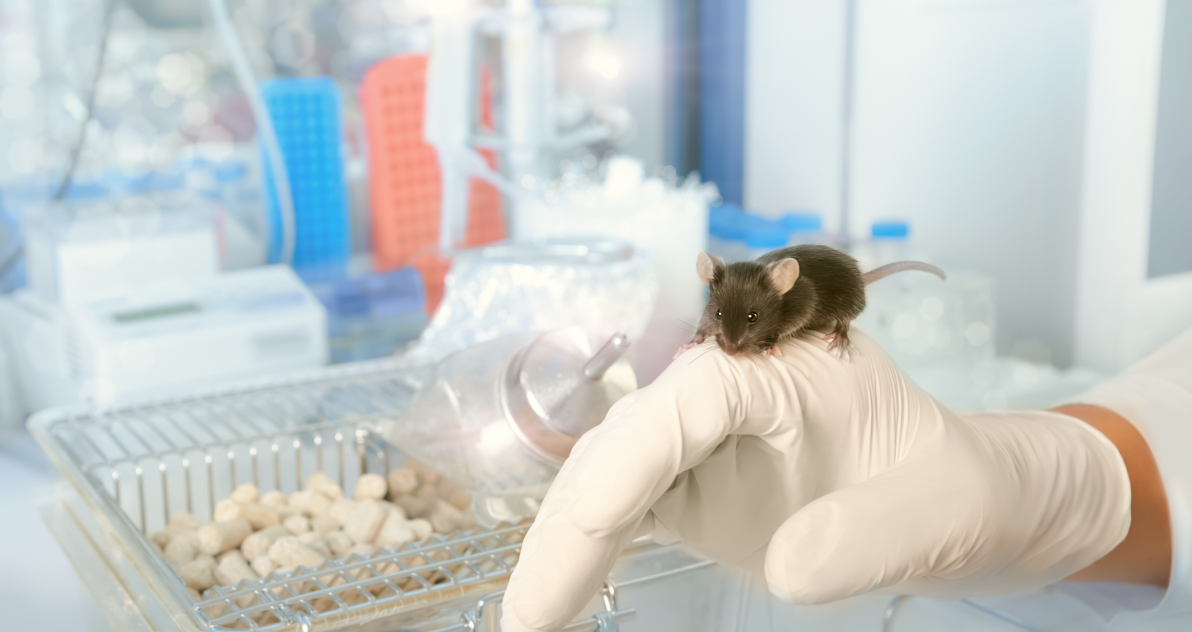
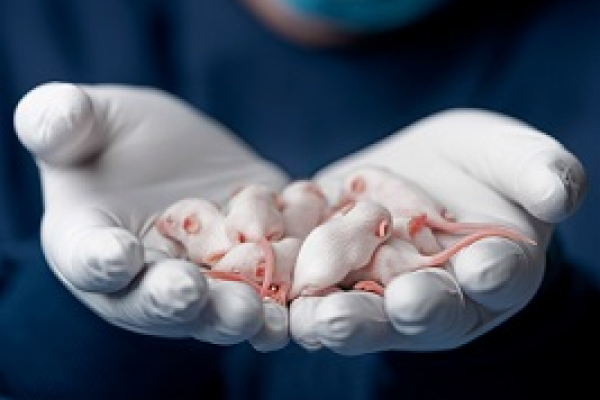

.jpg)
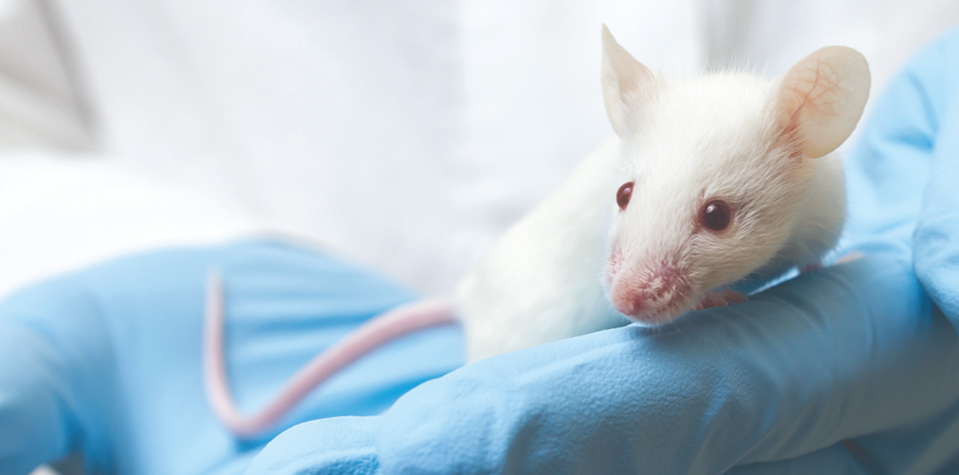

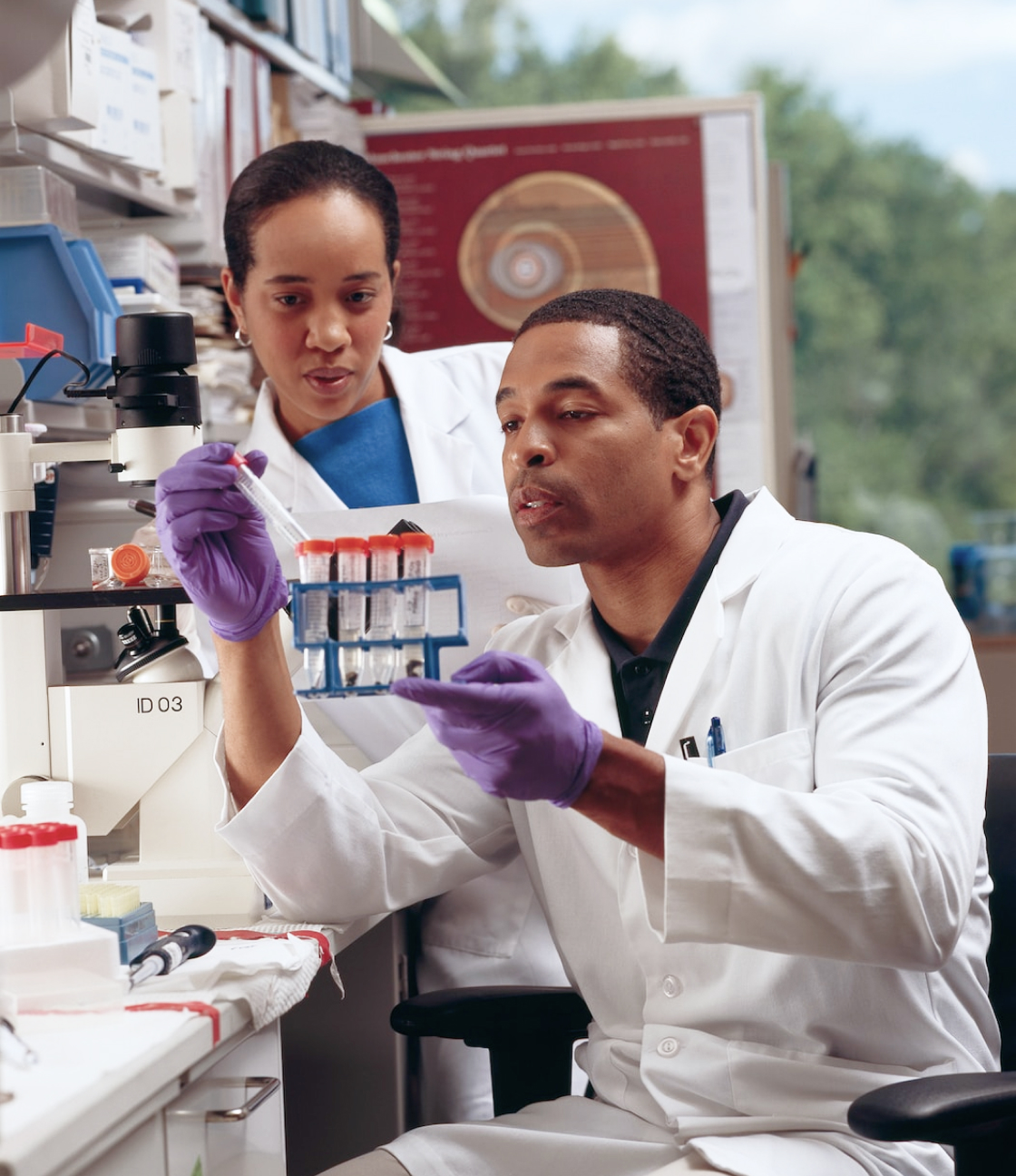
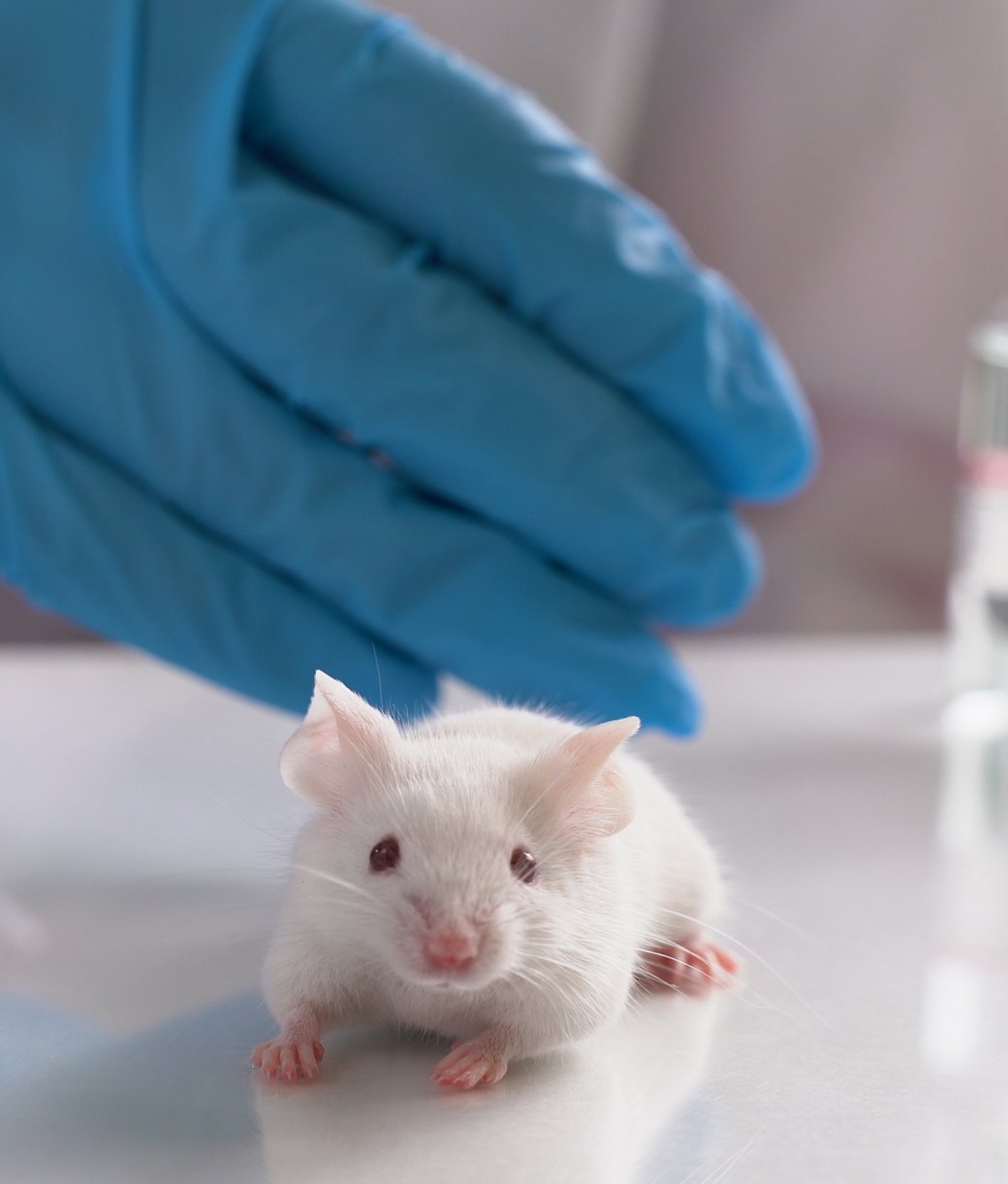
.jpg)

.jpg)
.jpg)
